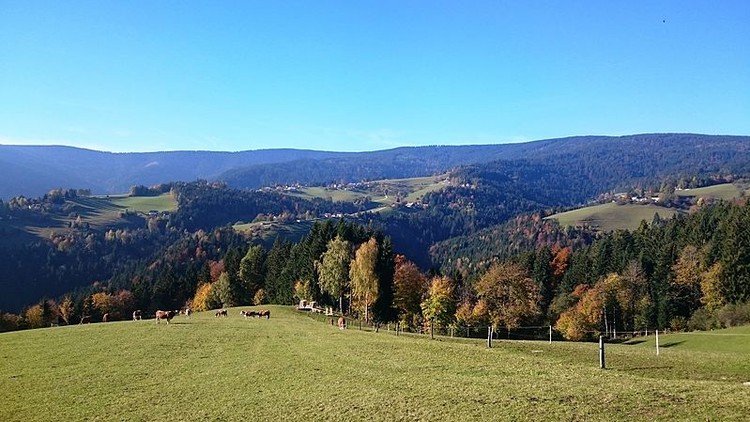
A practical guide to Environmental Science
What you will learn
Why take this course?
AP Environmental Science is a course that gives you a chance to “learn about the natural world,” and to “study both human-made and natural environmental problems,” as stated on College Board. Currently, however, it is clear that many students are not reaping the full benefits that this course has to offer. As shown by the most recent exam score distributions in 2016, a majority (54.4%) of the students taking the exam did not pass. Additionally, the mean score sat at a low 2.55.
So, why is this?
As a student who actually self studied this course last year (and got a 5 on the exam), I realized that prep material, while structured, was not actually conducive to helping the student make connections between concepts as was intended by College Board.
There is a large volume of information that you are expected to know for this exam – everything from laws, to case studies, to chemical reactions. Now, don’t let this scare you – the material is incredibly interesting, and if presented in the correct manner, is possible to internalize fully. The problem is, in most books, this is not the case. Information is presented in a somewhat disjointed manner – water concepts are discussed in an early chapter, but water pollution itself is not actually discussed until some 200 pages later.
With this course, I hope to accomplish a few things.
Present information in a manner most conducive to learning.
As I just mentioned, the information presented in most prep books makes it difficult to draw connections between various concepts. With this course, I have rearranged a few concepts slightly in a way that I, as a student, felt was best for my learning.
Review and clarify information tested on the exam.
Within this course, I have created short and to-the-point videos that allow students to review and learn the basic concepts that will be tested on the AP exam. i have created short review sheets for each section, and have also recommended exercises from a few other books that I felt prepared me well for the exam.
Focus on the free response section.
I said before that the scores distributions for the AP Environmental Science exam were terribly low. This is most likely due to the fact that many students perform badly on the free response section, which accounts for 40% of your total score. In my videos, I have placed an emphasis on the free response questions, as these rely most heavily on making connections and using your problem solving skills.
Give you a basic introduction to environmental science and various overlapping fields.
Not only do I want to prepare you for the AP Exam, but I also want you to leave with a basic understanding of environmental science. The curriculum for this course doesn’t only focus on science – it also touches upon laws, politics, and businesses, among other things.